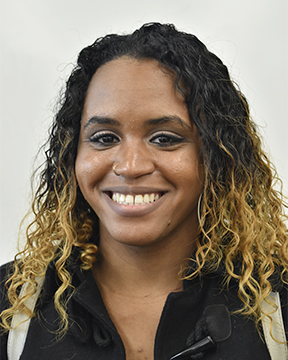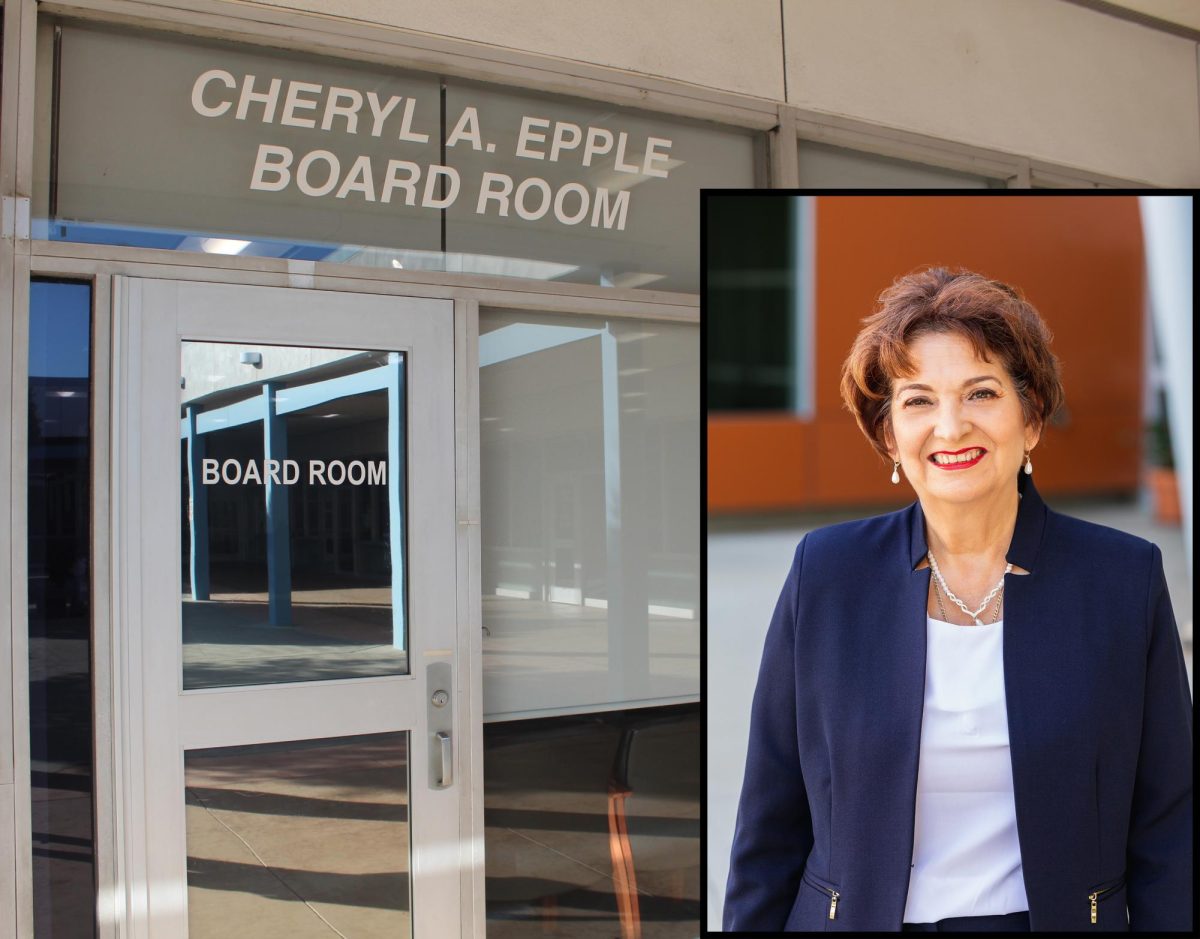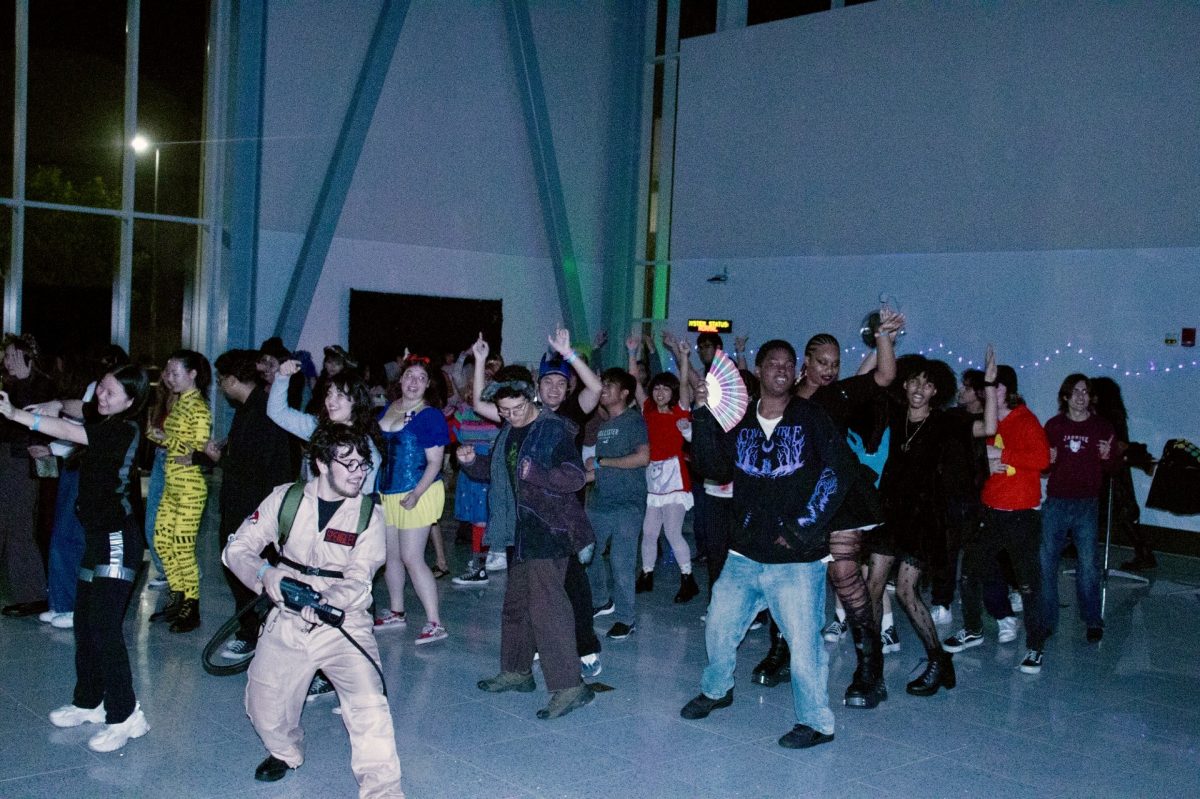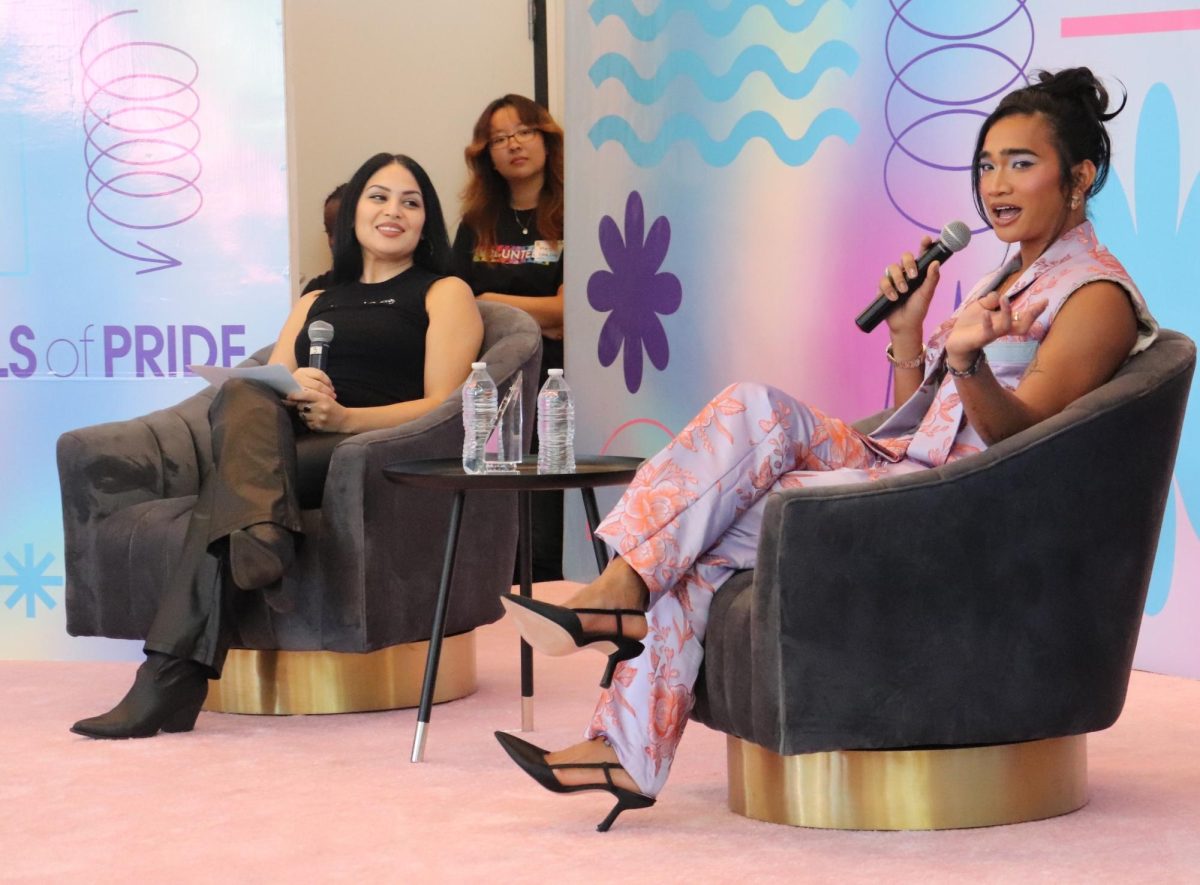When society criticizes the victim of a sexual assault and views men’s sexual violence as normal that is defined as rape culture.
On Wednesday, Nov. 2 the Title IX Coordinator Dr. Raphael Valyncia addressed the senators during the ASCC weekly meeting to introduce to them an idea for a new group on campus catered to students.
She referred to the group as the Student Title IX Ambassador Task Force that would be an aid for students.
The task force would initially be a safe place for students who are victims of sexual assault, domestic violence, a hate crime, and etc.
Valyncia explained that the task force would include a group of visionary students who are leaders on campus.
“They’re all committed to ending sexual violence on our campus. The group is still in its infancy. The students are continuing to develop what our mission and our structure is, but essentially the purpose is to provide structural and an individual level [of] leadership on campus to create and organize initiatives targeted to ending sexual violence,” she said.
During the meeting, Valyncia expressed the importance of the group was for students who didn’t want to officially report the incident[s], but still be able to seek help if they needed to.
As the Title IX officer, it is her job to report any illegal crime that is brought to her, and sometimes students may not exactly be comfortable with that.
The task force creates a safe haven for students.
Valyncia admitted that when the idea of the task force was originally created, students approached her and expressed to her that they wanted to be more involved.
“We kind [of] worked together, […] at first we were thinking it might be a student club, and we then thought maybe it might be a advisory committee to the title IX coordinator […]
“So we had two information sessions, but we had several students kind of create what they wanted to happen, and Saul [Lopez] was like ‘you guys should do a task force. That makes the most sense,’ and so that’s kind of how the structure ended up the way that it is,” she said.
Ashly Campbell, a student that’s looking to be in the task force, explained that her potential role would be to help victims of sexual assault.
“It is going to be student based. It will sort of be a peer to peer counseling, but we’re also going to provide resources to the students. For instance, my focus will be rape culture and domestic violence.
“I want to be able to provide students with resources and bring events to the campus to raise awareness because I feel like the only real way to fight against rape culture is to bring awareness,” she said.
Campbell continued, “Unfortunately, people who have experienced rape sort of suffer in silence. They don’t talk about it. I know this because I have a few friends who have experienced it.”
She explained that it’s not just rape culture and domestic violence, but that it’s also gender identity, sexual orientation, and focusing on athletics.
Jessica Summers, a student who is helping create the task force, expressed why athletics is important as well.
“I was an athlete in high school, and it’s difficult balancing, just as much as it is here in senate. You know, you have to put in the hours; you have to put in the time. There’s the stress, and overtime its just deteriorating on your mental health and you know we just want to make sure that our athletes are just as well equipped with whatever they need.
“As far as athletes go, there are issues with rape culture and domestic violence, abuse, gender and sexual identity. It’s just kind of giving everyone the safety [for] knowing that there are people out there for him or her to talk to,” she said.
Campbell and Summers hope to not only eliminate the silence surrounding these topics, but to also bring advocacy, awareness, and education to the campus and the community.
The task force will be discussed again on Wednesday, Nov. 9 during the ASCC senate meeting. It has yet to be approved by the senators to become an official task force on campus.









